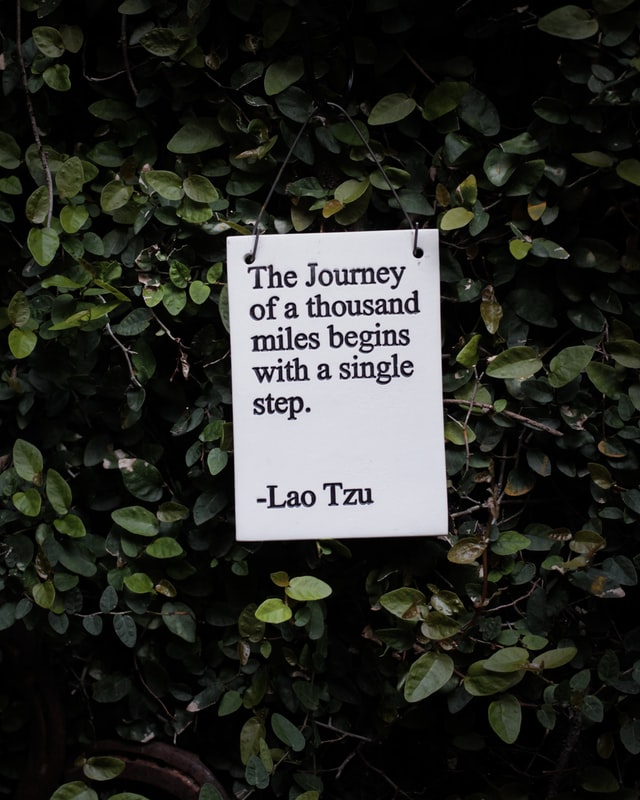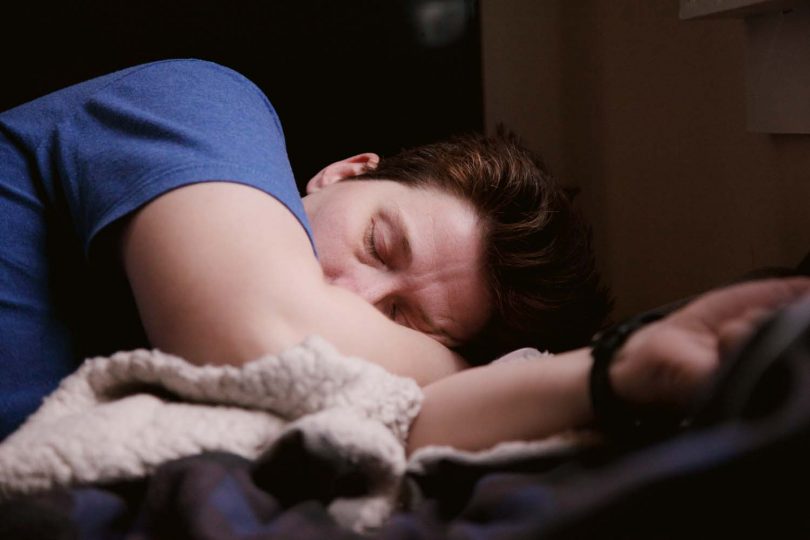I’ll level with you articles that claim to have a universal checklist, especially for something as personal as “recovery”, inevitably miss the fundamental truth that we are all different and respond at different rates and in different ways to the same stimulus. I will share here how, when paralysed with an auto immune condition at 23, I managed to move my legs when I couldn’t move my legs, how I started (in hindsight) the mammoth journey of going from a paraplegic to a half marathon runner with no long-distance training. Crucially I didn’t seem to let the enormity of that be a part of the journey I didn’t feel swamped and actually wanted to keep going each day.
Your journey will be different, I share mine in the hope that it will be interesting, perhaps entertaining, and maybe even spark something of benefit to you.
Let’s begin
How did I keep going, past mental and physical fatigue, constant setbacks and reach a point where I’m willfully running 14+ miles without collapsing at the end? In short: I didn’t know how long it would take. It was (and is) 99% bullheadedness and 1% physical.
In hindsight both are and continue to be immensely beneficial tools. The ancient Chinese philosopher and founder of Taoism, Lao-Tzu (500BC) said the immortal words we have all heard;
The journey of a thousand miles begins with a single step.

It has been constantly repurposed and regurgitated since then and continues to be a source of strength. Alcoholics Anonymous quote; “One day at a time”. All variations on the same message encourage us to live in the present, not think about tomorrow, just do something right now, whatever you can, no matter how small, in pursuit of your goal. Start in the direction of your aim and don’t stop starting. Every moment is just a start. You are not trying to run 5 miles. You are running one step and you keep just running one step until you stop… 5 miles later.
It sounds painfully simple, but I was lucky enough at the start of my journey in 2013 to be in a position where projecting what I would be like in a week, or a year, wasn’t just pointless it was impossible. There was no linear path to recovery from the condition I found myself with, I couldn’t know what would happen that afternoon let alone tomorrow. So, it became instantly redundant to even think about it. Anything the doctors or those around me told me was at best a guess and not guaranteed reality. I decided there and then that I was going to come up with what I wanted to do and then start doing it. No one had a crystal ball, why not me. It was my life after all, my recovery.
I reached into my mind and what came back was; “I don’t want to recover. I want to be the fittest and healthiest I have ever been in my life… before or since the paralysis.” I knew, because of my specific condition, I was the only one who could influence and decide my fate, so I was going to achieve what I wanted without compromise. What I didn’t know at the time was that we are always the arbiter of our fate. Regardless of prognosis or condition, we can decide to be or do something. Or at the very least to try. That mindset for me became incredibly powerful. Quite by chance I had been left in a situation where all I had for my long-term recovery was my own conviction and my own goals. I didn’t know it, but I had stumbled upon an attitude that would make everything possible. Something you hear about a lot in the Wim Hof Method… a challenge mindset.



